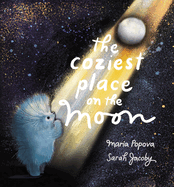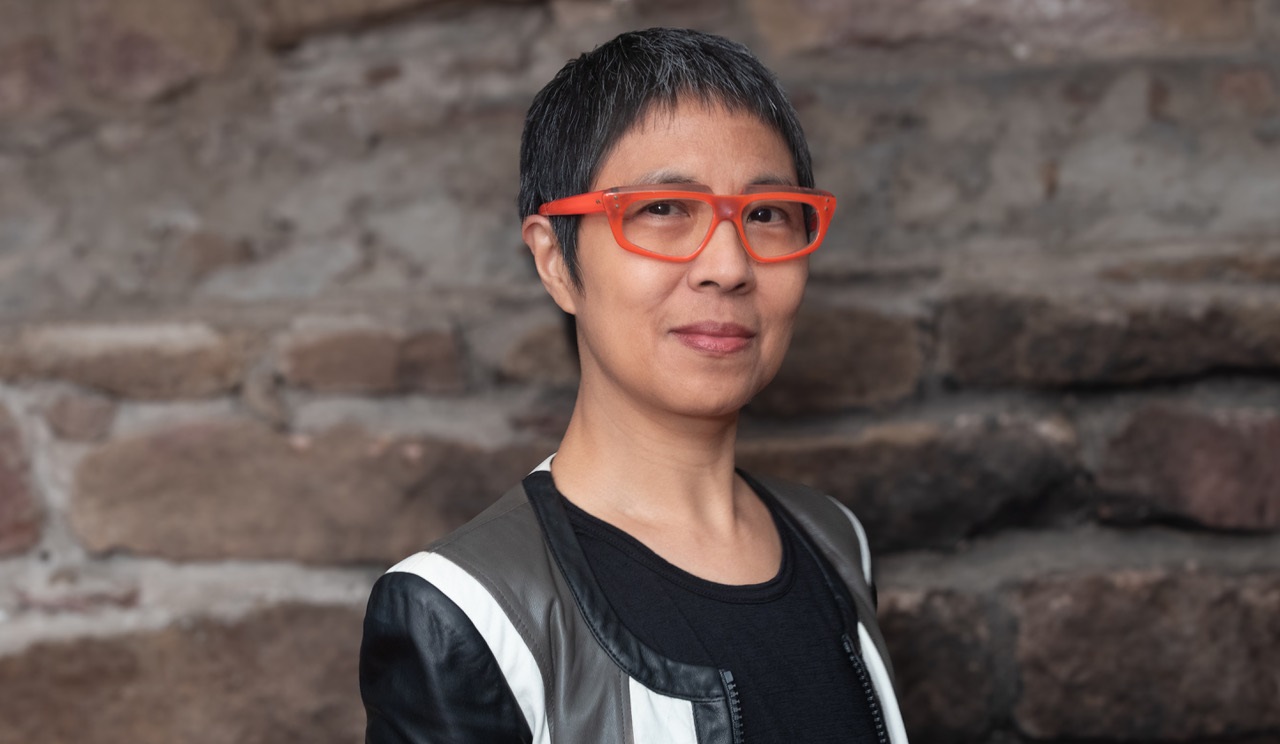 |
| (photo: H. Lan Thao Lam) |
Lana Lin is a writer, artist, and filmmaker living in New York and Connecticut. The Autobiography of H. Lan Thao Lam (Dorothy, a publishing project, September 30, 2025) is her literary debut and is longlisted for the 2025 National Book Award for Nonfiction. She is the author of Freud's Jaw and Other Lost Objects: Fractured Subjectivity in the Face of Cancer (Fordham, 2017), an outgrowth of her Ph.D. and four years of psychoanalytic training. Her films include The Cancer Journals Revisited (2018), a recitation of Audre Lorde's memoir/manifesto, and Stranger Baby (1995), an experimental work that explores "the alien" in its terrestrial and extraterrestrial senses. Her collaborative mixed media projects (with Lan Thao Lam as "Lin + Lam") have been exhibited in art and educational spaces around the world. She has been awarded fellowships from New York State Council on the Arts, New York Foundation for the Arts, Civitella Ranieri Foundation, and four residencies at MacDowell since 1996.
Handsell readers your book in 25 words or less:
Combining memoir, social criticism, and conceptual art, The Autobiography of H. Lan Thao Lam responds to a modernist classic with its own queer love story.
On your nightstand now:
In the nightstand of my mind: Gertrude Stein: An Afterlife, Francesca Wade's magisterial account of Gertrude Stein's and Alice B. Toklas's intertwined lives and the legacy of Stein's work. I am especially moved by the depiction of Toklas's almost obsessional devotion to her life (and afterlife) partner.
The Book of Salt and Bitter in the Mouth by Monique Truong. I've read The Book of Salt before, but in preparing for a conversation with her at my book launch, I re-read it. It's an inspired approach, to get inside historical figures and invent their inner lives. It hews pretty closely to what I know about Gertrude Stein's and Alice B. Toklas's lives, so closely that I'm still trying to figure out what bits are made up. Bitter in the Mouth is such a delightful discovery. Another incredibly original premise drives the narrative with its main character gifted with synesthesia. An Asian American character who is not primarily defined as such and whose racial heritage is not immediately apparent is an unusual find and so welcome.
Danielle Dutton's Prairie, Dresses, Art, Other was part of my summer reading and it continues to bubble up in my mind. Its collage-like, anecdotal, whimsical, and experimental nature is right up my alley. It's everything I want my writing to be: uncanny bricolage, blurring fiction and nonfiction, defying expectations, and inventing its own new forms. I am incredibly fortunate to have had such a brilliant writer as an editor.
Favorite book when you were a child:
I identified with Ludwig Bemelmans's Madeline and Beverly Cleary's Ramona the Pest. I pored through every Peanuts book I could find and Maurice Sendak's Where the Wild Things Are haunted my imagination. I adored A Wrinkle in Time and wrote to Madeleine L'Engle for a school assignment, but she never wrote back.
Your top five authors:
I'm going to interpret this impossible question as five authors who have had an enduring impact upon me:
Toni Morrison because who can beat the perfection of Beloved? I read it now with students in a course on the uncanny; Lydia Davis's precise concision and deadpan humor is unmatched; the immense beauty and pain of Christina Sharpe's prose leaves me breathless; Octavia Butler's world-building capacity is awe inspiring; Jane Bowles's quirky, inimitable blend of pathos and humor captivates me.
Book you've faked reading:
I got an A on an essay exam on Portrait of an Artist as a Young Man by James Joyce but never finished it.
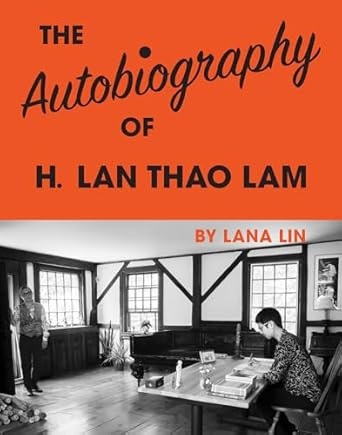 Book you're an evangelist for:
Book you're an evangelist for:
The closest I come to being an evangelist is as a professor. I teach Freud and try to convince students he's fun. People who haven't read Freud don't know how compellingly strange he/his writing/his ideas are. Beyond the Pleasure Principle and The Uncanny are kind of mind-bogglingly weird. I admire authors who think aloud on the page, especially those willing to expose all their contradictions and uncertainties, as Freud does.
Book you've bought for the cover:
I picked up a 1984 Penguin edition of Shirley Jackson's We Have Always Lived in the Castle because the face on the cover had been sliced out with an X-Acto knife. The cover blurb from the New York Times reads: "A witch's brew of eerie power and startling novelty." It was as if the previous book owner and reader had acted out a visceral response to the text.
Book you hid from your parents:
None. They don't care what I read.
Book that changed your life:
Maxine Hong Kingston's The Woman Warrior was especially meaningful to me. It was the first book I read by an Asian American author about Asian girls and women. It modeled the possibility not only of writing and making art, but also of dreaming and something beyond surviving. I felt I had literally no examples of this growing up as Asian American in a Midwestern suburb in the 1970s and early '80s. I probably read it in when I was in high school, but it wasn't assigned in class. My experience with it felt very private.
Favorite line from a book:
I'm going to interpret this as the favorite line from a book I have recently encountered:
"One enters a room and history follows; one enters a room and history precedes. History is already seated in the chair in the empty room when one arrives. Where one stands in a society seems always related to this historical experience. Where one can be observed is relative to that history. All human effort seems to emanate from this door. How do I know this? Only by self-observation, only by looking. Only by feeling. Only by being a part, sitting in the room with history." --Dionne Brand, A Map to the Door of No Return: Notes to Belonging
Okay, it's more than one line. My favorite is probably the first, but the power of the first line derives from the rest of the paragraph.
Five books you'll never part with:
The Weather in Proust by Eve Kosofsky Sedgwick because it was given to me by Hal Sedgwick and I will treasure it as one treasures a gift from someone one loves but whom one has never known.
The Cancer Journals by Audre Lorde because it came to me when I needed it and continues to come to me, to return, and to return again. I have the 1982 second edition and the 2006 special edition.
Even though we shared one bookcase for over a decade, my partner and I both would not part with our copies of Dictee by Theresa Hak Kyung Cha; one was more faded than the other. It has been interesting to see how they both age.
The Autobiography of Alice B. Toklas by Gertrude Stein. The cover of my 1960 Vintage edition has detached from the spine. I have to carry it in a bag to keep its pieces together.
My Sister's Hand in Mine: The Collected Works of Jane Bowles, gifted to me in 1990, is precious to me. There's something poignant in 476 pages containing a person's life's work, yet those 476 pages are worth aspiring toward.
Book you most want to read again for the first time:
It would be a thrill to read Virginia Woolf's Orlando again, to encounter that astonishing gender transition before the movie, before the Internet, as I did, for the first time.
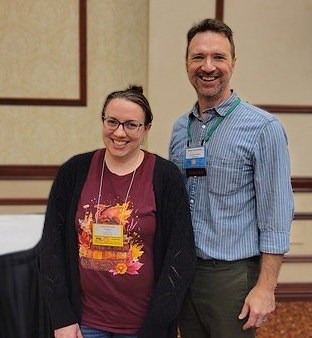






SHELFAWARENESS.0213.S4.DIFFICULTTOPICSWEBINAR.gif)




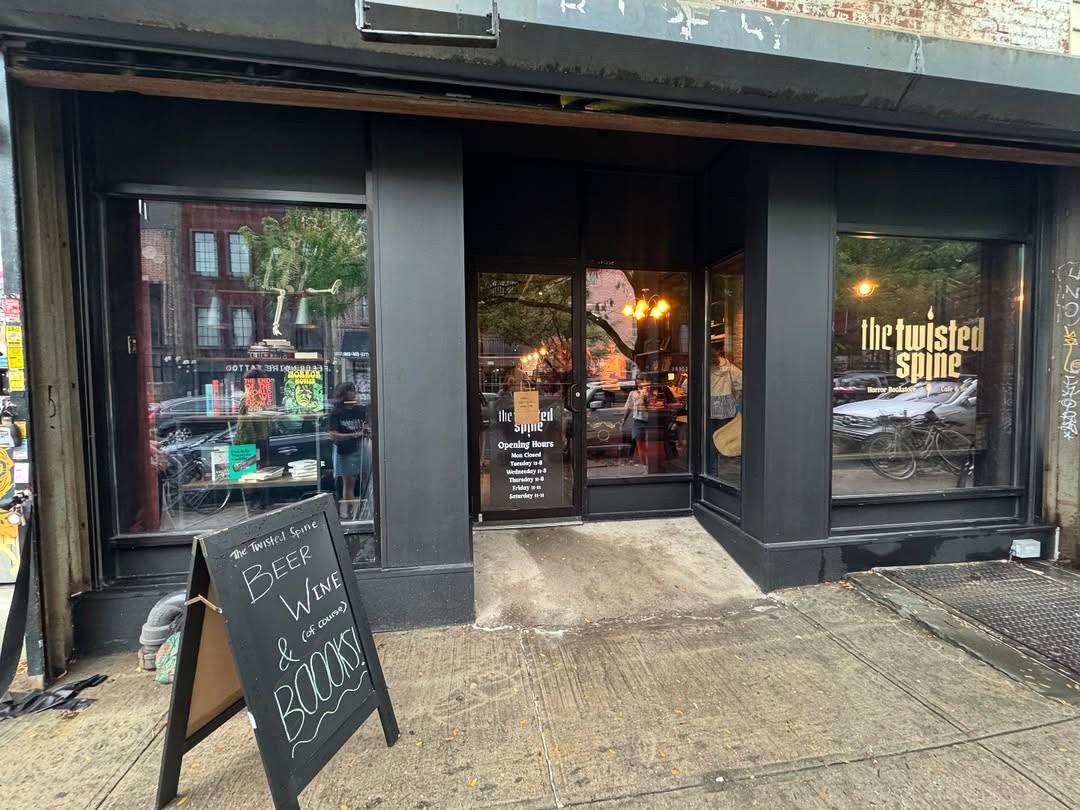 Owners Lauren Komer and Jason Mellow had originally conceived the bookshop as a series of pop-ups, which eventually led to their bricks-and-mortar store.
Owners Lauren Komer and Jason Mellow had originally conceived the bookshop as a series of pop-ups, which eventually led to their bricks-and-mortar store.
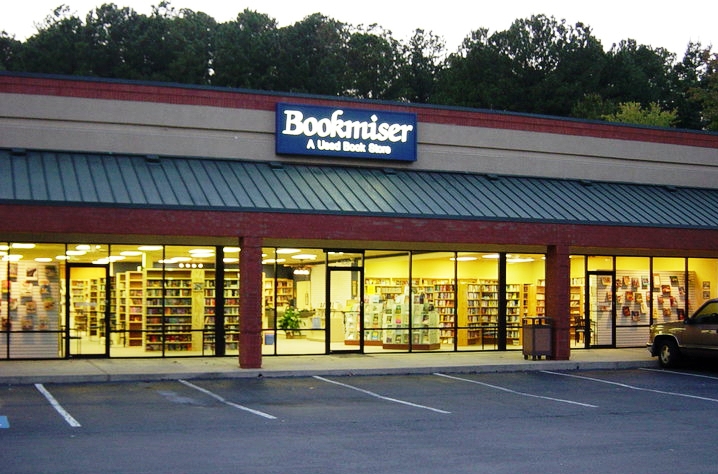
SHELFAWARENESS.0213.T3.DIFFICULTTOPICSWEBINAR.gif)

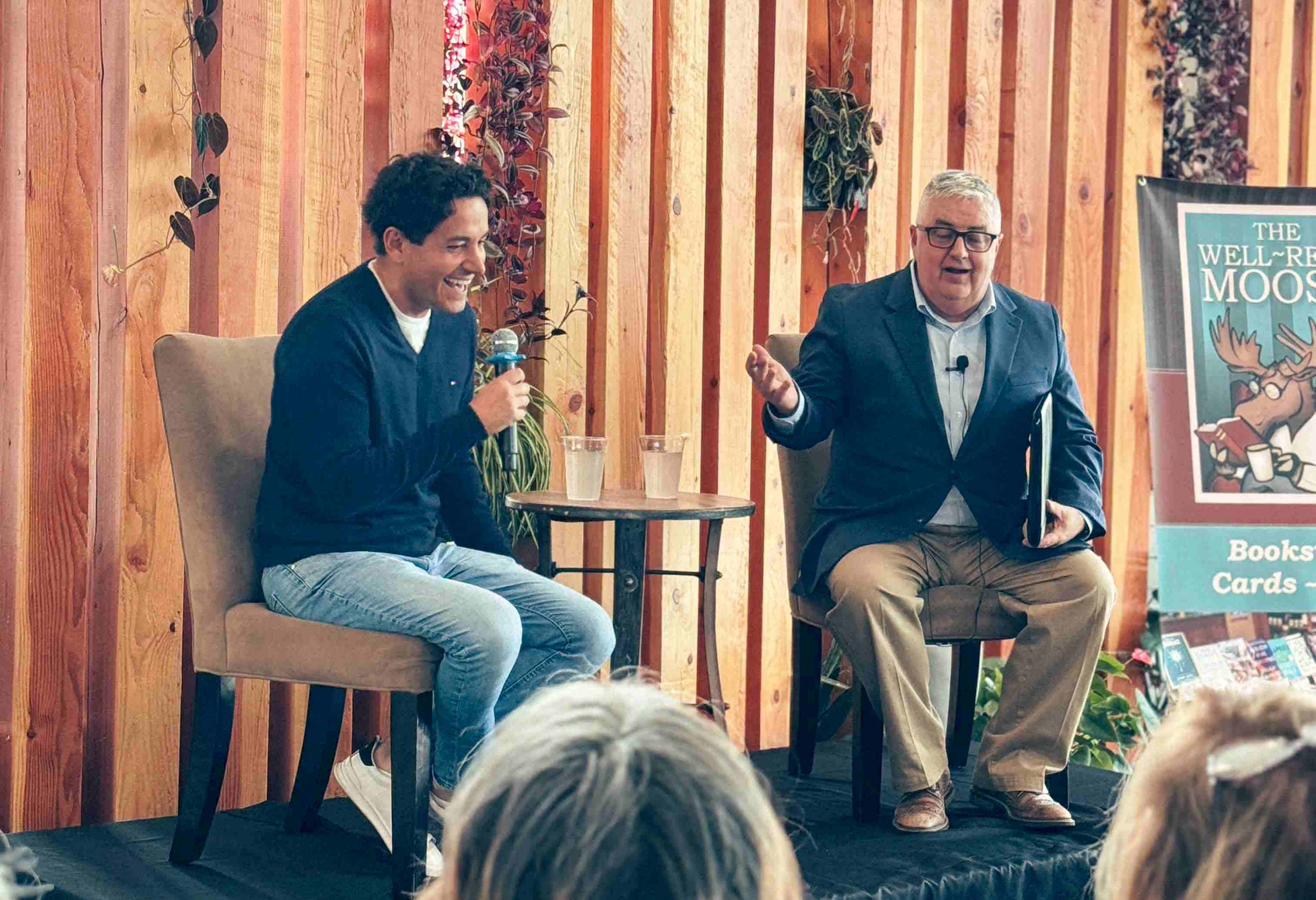
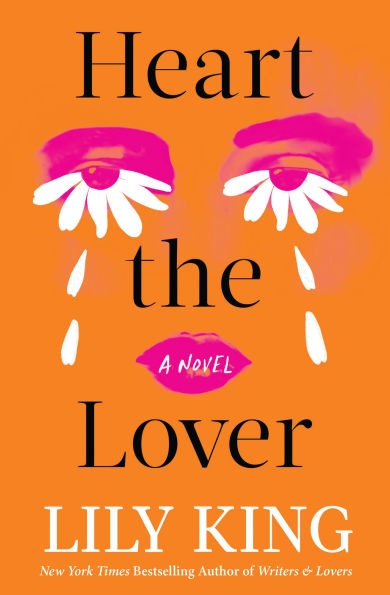 Barnes & Noble has chosen Heart the Lover by Lily King (Grove Press) as its October national book club pick. In a live virtual event on Tuesday, November 4, at 3 p.m. Eastern, King will be in conversation with Lexie Smyth, fiction campaign manager at B&N, and Brenda Allison, frontlist buyer at B&N.
Barnes & Noble has chosen Heart the Lover by Lily King (Grove Press) as its October national book club pick. In a live virtual event on Tuesday, November 4, at 3 p.m. Eastern, King will be in conversation with Lexie Smyth, fiction campaign manager at B&N, and Brenda Allison, frontlist buyer at B&N.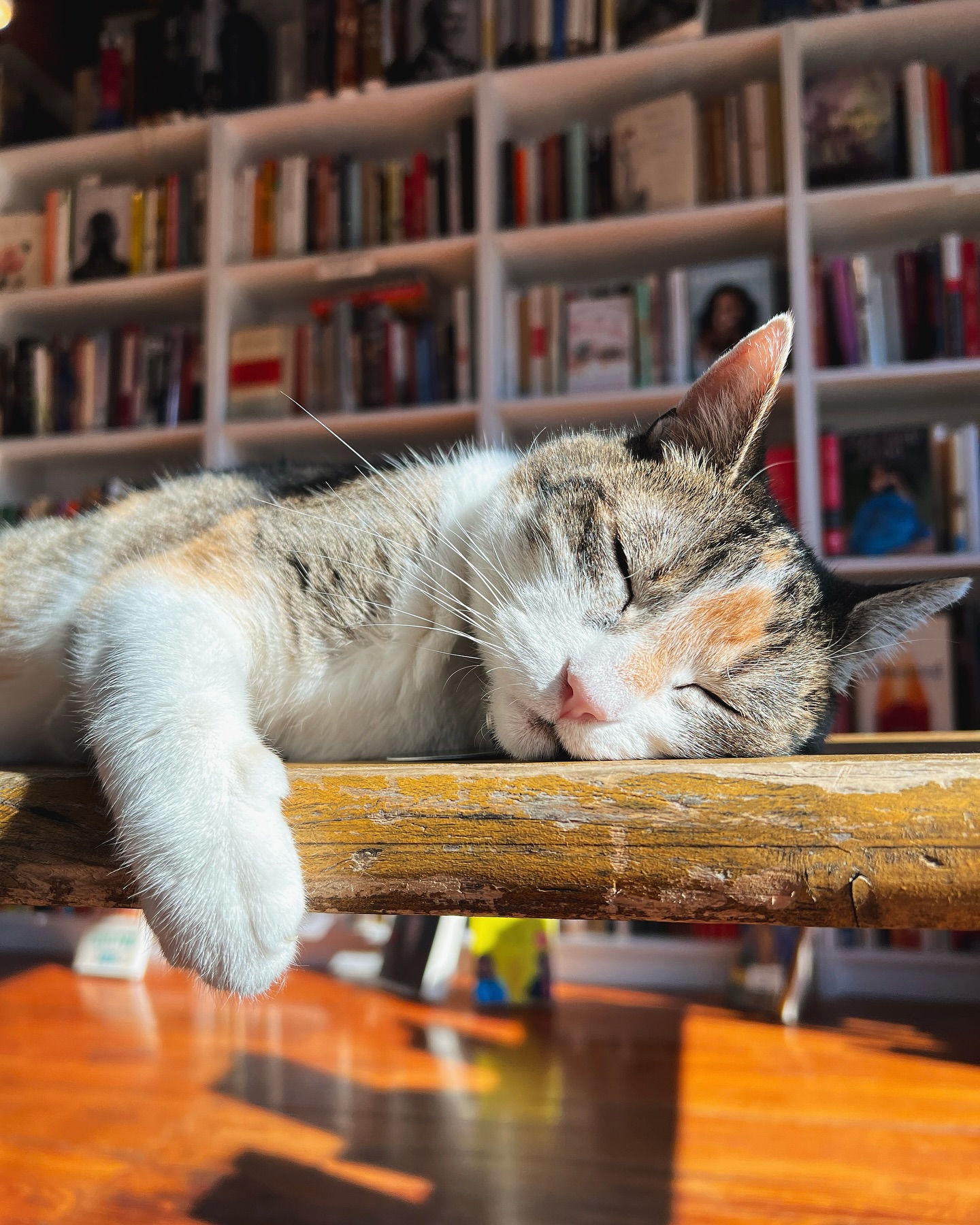
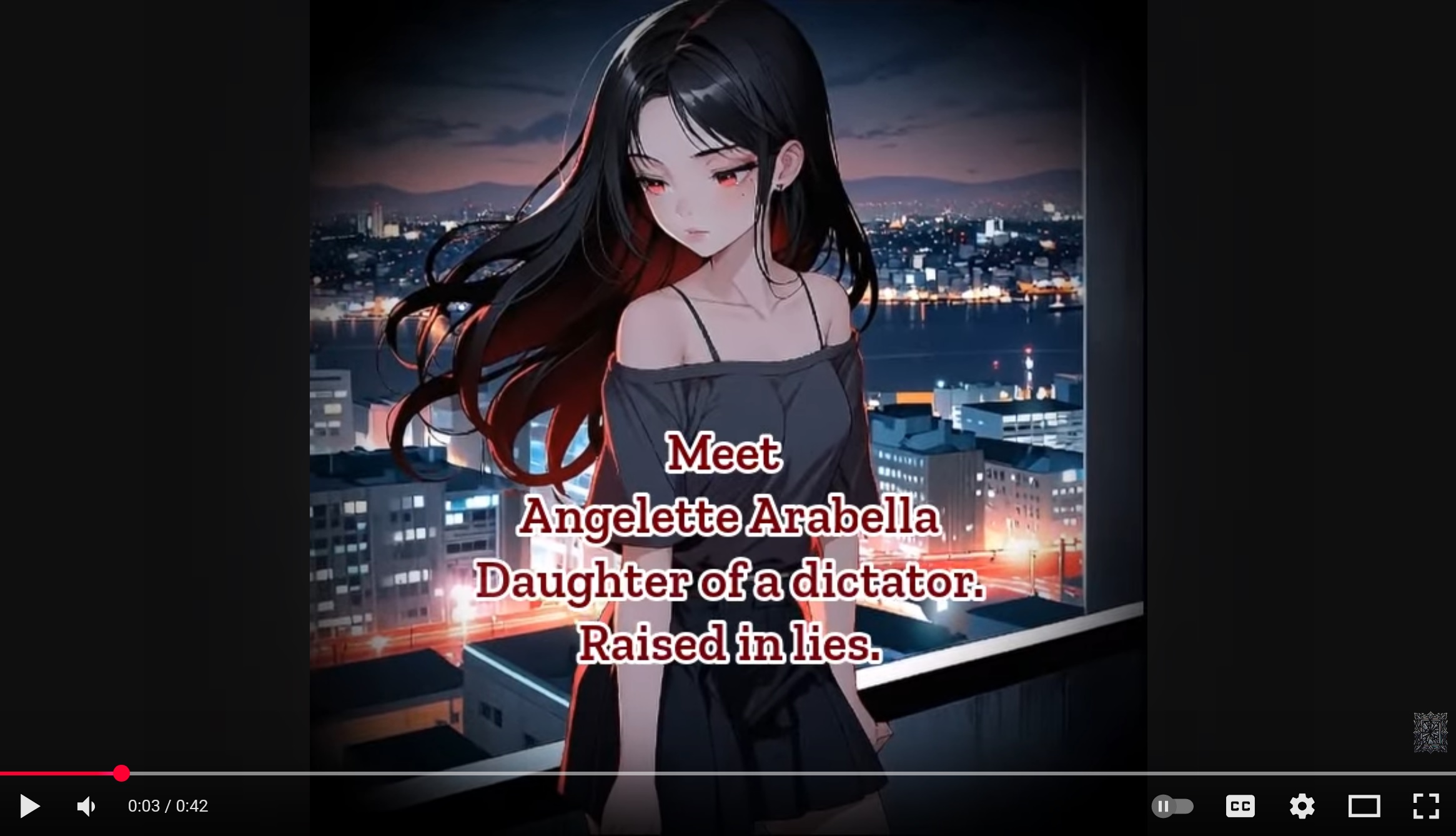 The Betrayal: The Lies We Fear
The Betrayal: The Lies We Fear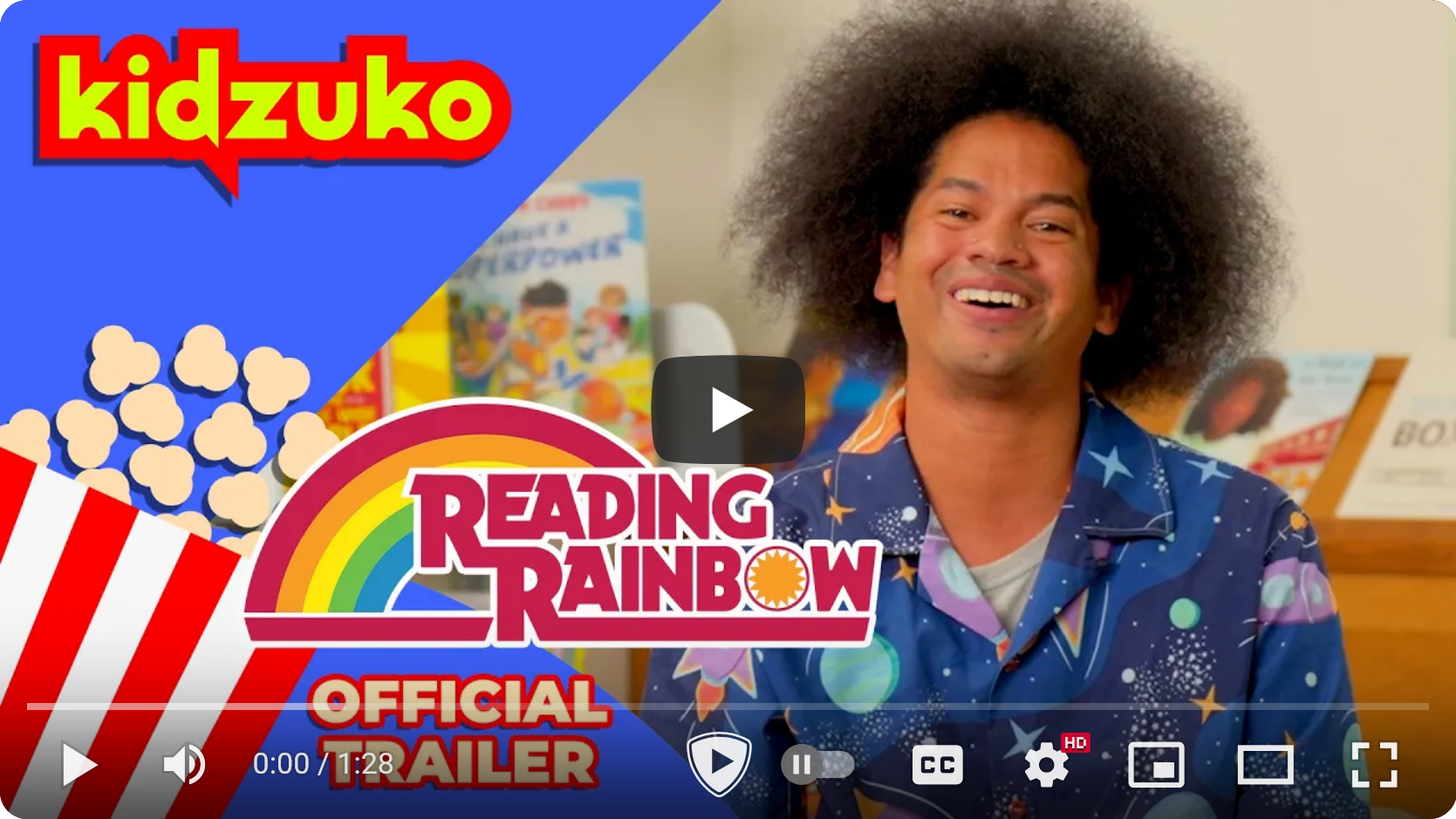

 Book you're an evangelist for:
Book you're an evangelist for: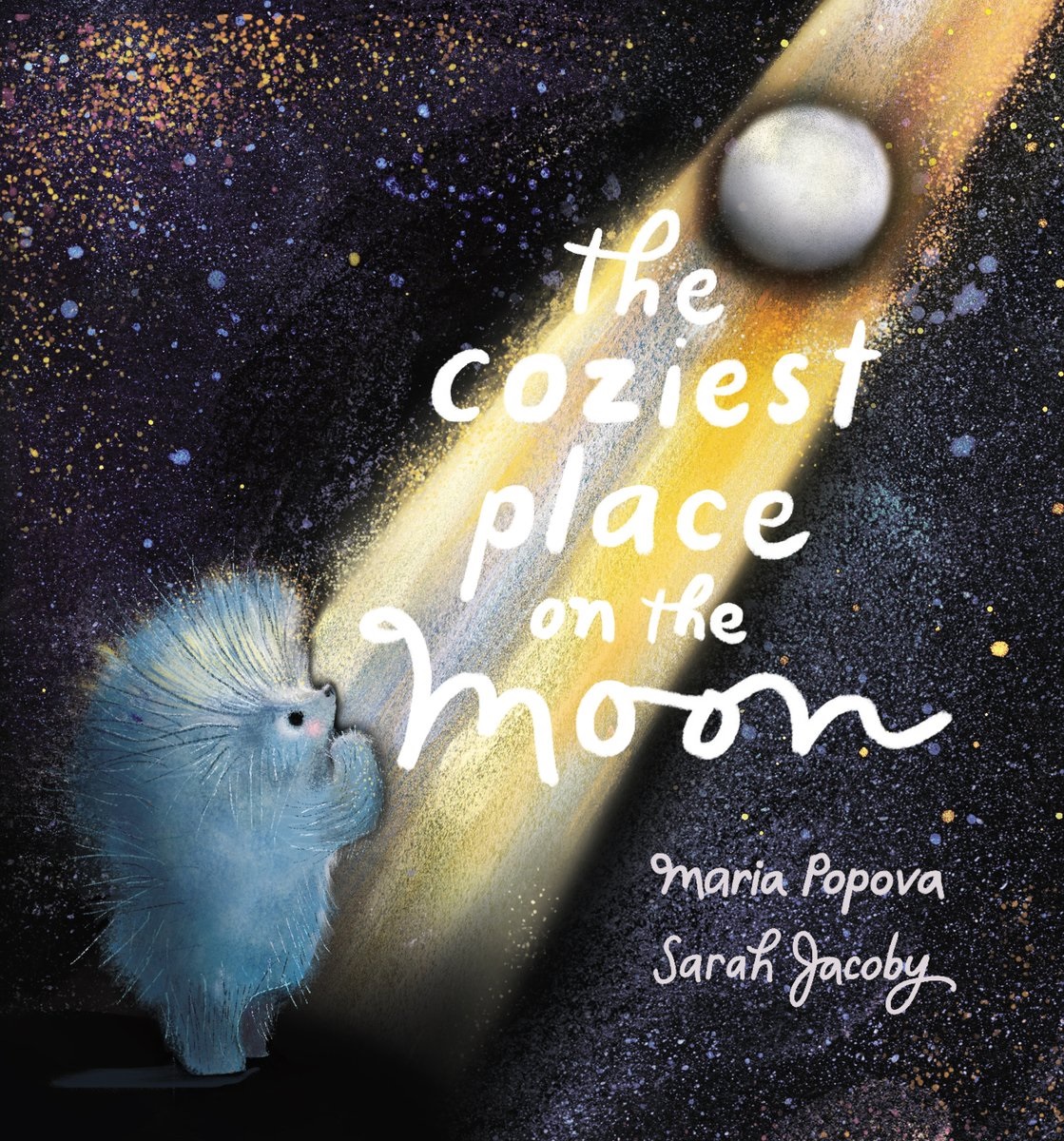 Writer, critic, blogger Maria Popova (
Writer, critic, blogger Maria Popova (